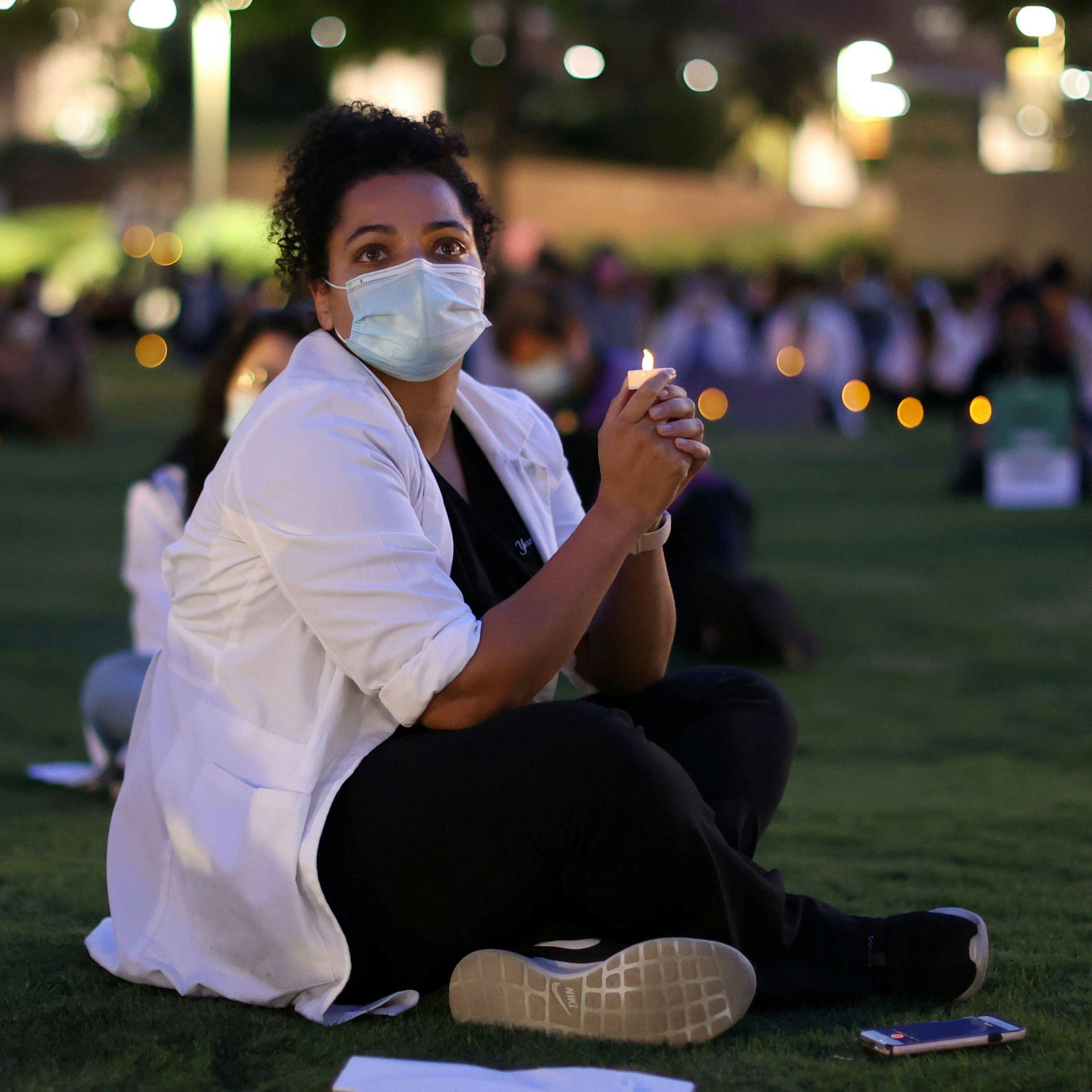Obesity, COVID-19, and Systemic Racism

The health of Black people and communities across the nation has been—and, during the global pandemic, continues to be—significantly impacted by America’s history of slavery and by ongoing systemic oppression. Disparities in obesity and the differing frameworks that public health officials and the public bring to the issue of obesity are powerful examples of such legacies of slavery in the United States.
This program will explore how the historically rooted and uneven distribution of social supports drive obesity; how framing the disease as an individual rather than societal health concern affects policy; and how an ongoing lack of research and data fuels speculation that may reinforce racist stereotypes and prevent meaningful change. Panelists will also discuss how such considerations frame the national response to the pandemic, as people of color suffer and die disproportionately from COVID-19.
This program is presented as part of the Presidential Initiative on Harvard and the Legacy of Slavery, a University-wide effort housed at Harvard Radcliffe Institute.
Event Video

SPEAKERS
Sara Bleich, Carol K. Pforzheimer Professor and director of the social sciences program, Radcliffe Institute, and professor of public health policy, Harvard T. H. Chan School of Public Health
Sabrina Strings, associate professor of sociology, University of California, Irvine
Sabrina Strings, “It’s Not Obesity. It’s Slavery.” (New York Times, May 25, 2020)


